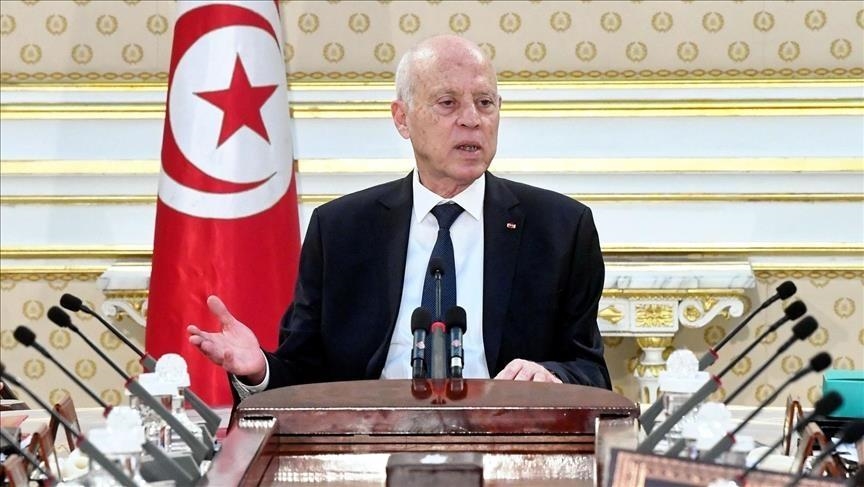Tunisia is set to hold a presidential election on October 6, a development that could potentially shape the future of the country’s democracy. President Kais Saied’s office confirmed the election date on Tuesday, but it remains unclear whether Saied will seek re-election for a second five-year term.
Saied took control of the country in 2021, governing through decrees after removing the prime minister and parliament. This move resulted in the imprisonment of many political opponents and adversaries. In 2022, he successfully implemented a new constitution through a referendum, establishing a presidential system alongside a parliament with restricted powers.
The upcoming election, scheduled for Sunday, October 6, 2024, was announced in a statement from Saied’s office on July 2, 2024. The political turmoil triggered by Saied’s power consolidation has had far-reaching consequences for Tunisia’s economy, with a staggering 15% unemployment rate and approximately four million citizens living in poverty. The economic crisis has been exacerbated by a crackdown on the media, resulting in the prosecution of over 60 journalists, lawyers, and political opponents, according to the National Union of Tunisian Journalists.

In a surprise move in May, Saied replaced the interior and social affairs ministers following a series of arrests targeting human rights activists, lawyers, and journalists. The move was seen as a further consolidation of power by Saied, who has been criticized for his authoritarian tendencies.
Tunisia’s efforts to secure a $2 billion loan from the International Monetary Fund have been stalled since 2021, as Saied refuses to implement the reforms requested by the organization. However, in June, the European Investment Bank unveiled grants and loans totaling 450 million euros ($480 million) to support infrastructure projects and small to medium-sized enterprises.
READ ALSO:
Tunisia: Journalists detained in a major crackdown
Tunisian President Fires Religious Affairs Minister Amid Outcry Over Tunisian Hajj Deaths
The crisis has prompted thousands of Tunisians to embark on dangerous boat journeys across the Mediterranean in search of better opportunities in Europe. The situation has raised concerns about the future of Tunisia’s democracy and economy, as well as the impact on the region and the European Union.
As Tunisia prepares for the presidential election, the international community is watching closely, hoping for a peaceful and democratic transition. The question on everyone’s mind is whether Saied will seek re-election and continue his controversial rule, or whether a new leader will emerge to address the country’s pressing issues and restore stability to this fragile democracy. The outcome of the election will have significant implications for Tunisia’s future and the region as a whole.


1 Comment
Pingback: Egypt's New Cabinet Sworn In Amidst Economic and Political Challenges - Mbamali